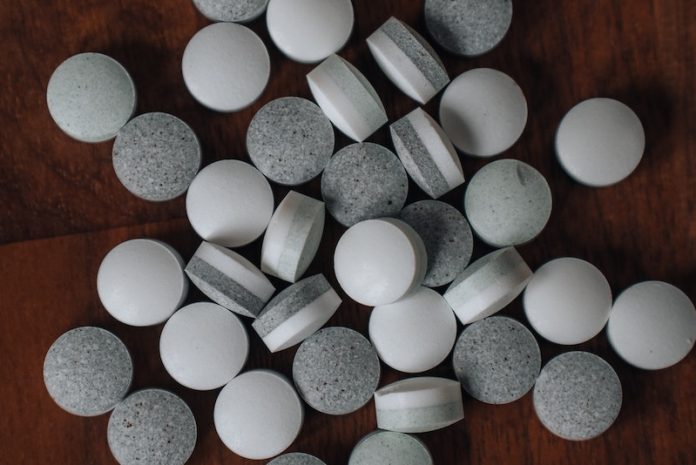
The Need for Better Cancer Treatments
Stomach and esophagus cancer, also known as oesophagogastric cancer, is a major concern worldwide. It’s the second most common cause of cancer-related deaths, claiming approximately 1.3 million lives every year.
Many of these patients find out they have cancer only when it’s already spread to other parts of the body, making it much harder to treat.
Traditional treatments like chemotherapy help, but they often stop working after a while, making the search for effective treatments crucial.
Promising Results from a New York Study
Researchers at Memorial Sloan Kettering Cancer Center in New York have been testing a new way to treat this type of cancer.
They used a three-part treatment, combining traditional chemotherapy with two other drugs, nivolumab and regorafenib.
The study’s main goal was to find out how many patients would be free from cancer growth six months into the treatment.
The results were promising: 71% of patients showed no signs of cancer growth at that time. This is an 18% improvement compared to previous treatments.
So what’s different about these two additional drugs? Nivolumab helps activate a patient’s own immune system to target cancer cells.
Regorafenib, on the other hand, not only fights the cancer directly but also helps the body’s immune system by disabling cancer’s defense mechanisms.
The idea is that by combining these drugs, the treatment is more effective at keeping the cancer from spreading and might also work for a longer time.
Safety First: What Are the Side Effects?
When it comes to cancer treatments, it’s not just about whether they work; they also have to be safe for patients. During this study, the researchers looked out for any negative effects of the treatment on the patients.
Most people felt very tired, which is a common side effect of cancer treatments. Some had more serious problems like kidney issues or liver issues, but these were not common. Most importantly, no one died due to the treatment.
What’s Next?
Given how well the treatment seemed to work in this early study, the researchers are now planning a larger, more detailed study, known as a Phase 3 trial.
This is the next step to confirm how effective and safe this treatment really is.
If it continues to show promise, it could become a new standard of care for patients with stomach and esophagus cancer, providing a much-needed alternative to existing treatments that often stop working.
For now, the study brings a glimmer of hope in the fight against a form of cancer that is often found late and hard to treat.
The promising results suggest that a more effective and longer-lasting treatment could be on the horizon, improving the odds for patients facing this challenging disease.
It’s a significant step in the right direction and could mean a lot for millions of people who are diagnosed with this type of cancer every year.
If you care about cancer, please read studies about This existing drug could help treat most common lung cancer and findings of Research shows cause and new treatment of pancreatic cancer.
For more information about cancer and health, please see recent studies about how drinking milk affects the risks of heart disease and cancer and results showing that vitamin D supplements could strongly reduce cancer death.
The research findings can be found in The Lancet Oncology.
Follow us on Twitter for more articles about this topic.
Copyright © 2023 Knowridge Science Report. All rights reserved.



